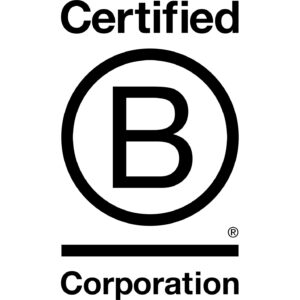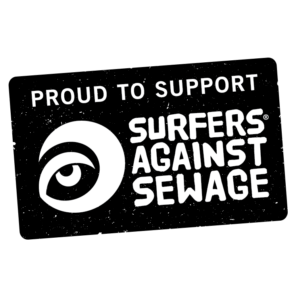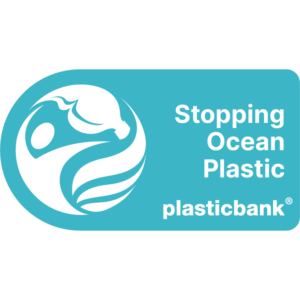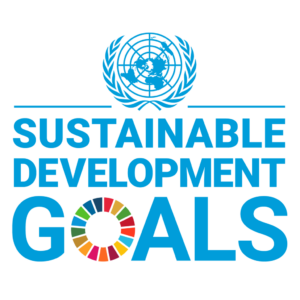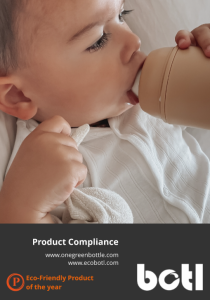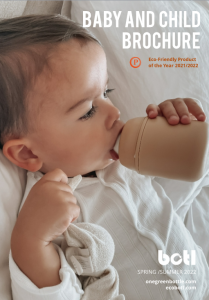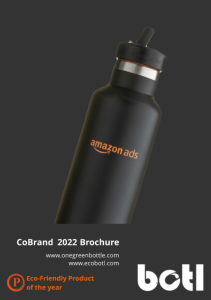Unsure about what the problem is with single use plastic? Imagine this…
You wake up, you’ve slept through your alarm. You frantically shower and brush your teeth because you’re going to be late otherwise. You didn’t have time to guzzle some water before you left and your throat is dry, so you dash into a shop and grab a bottle of water. A single use bottle. As you’re walking along the street, you glug the water and chuck the bottle in a bin. Problem solved… or is it?
Once you throw that bottle in the bin, do you think about where it goes? You did your bit, didn’t you? It’s not like you threw it on the pavement… But once you throw that bottle in the bin, it’ll likely end up in one of two places; a landfill or in the ocean. To be precise, 60% of single use plastic will end up in landfill or a natural environment. So, let’s break down what that actually means for the planet.

Although the idea of putting single use plastic into landfill isn’t such a bad idea in theory, it is essentially just moving a problem to where we can’t see it. Just because it isn’t lying on the street, it doesn’t mean it isn’t just littering another part of the planet. Plastic bottles take up to 450 years to decompose in landfill, because they aren’t broken down by bacteria, but by UV radiation and due to the way that rubbish is compacted underground when in landfill, it is made near impossible for this process to take place.
It is undeniable that plastic ending up in the ocean is a problem. And 80% of that plastic is from land sources. For the sake of convenience animal’s habitats are getting ruined and they are dying. A million marine animals are killed by plastic pollution every year. Through swallowing plastic, suffocating in bags and getting stuck in debris, these animals are dying. If this wasn’t enough to convince you that single use plastic is damaging, then consider what’s happening when this plastic breaks down. The plastic in the ocean breaks down into microplastics, which are particles of plastic which can be consumed by sea creatures. Research has shown that 386 marine fish species are known to have ingested plastic debris, including ones which we eat.
But the good news is, this is all preventable.
Let’s start from the beginning. You wake up, you’ve slept through your alarm. You frantically shower and brush your teeth because you’re going to be late otherwise. Before you leave the house you quickly grab your stainless steel water bottle from the fridge. You filled it up last night, so the water is icy cool and will remain that way for 24 hours. And the best part? Every time you reuse your bottle, there’s one less singe use plastic bottle that’ll end up polluting our planet.
Take a look at our wide range of bottles, and find the perfect one to help you ditch plastic for good.
For a more in-depth look at the problem of ocean plastic, as well as a guide on how to reduce your own impact, check out this article by EcoWatch: Ocean Plastic – What You Need to Know


